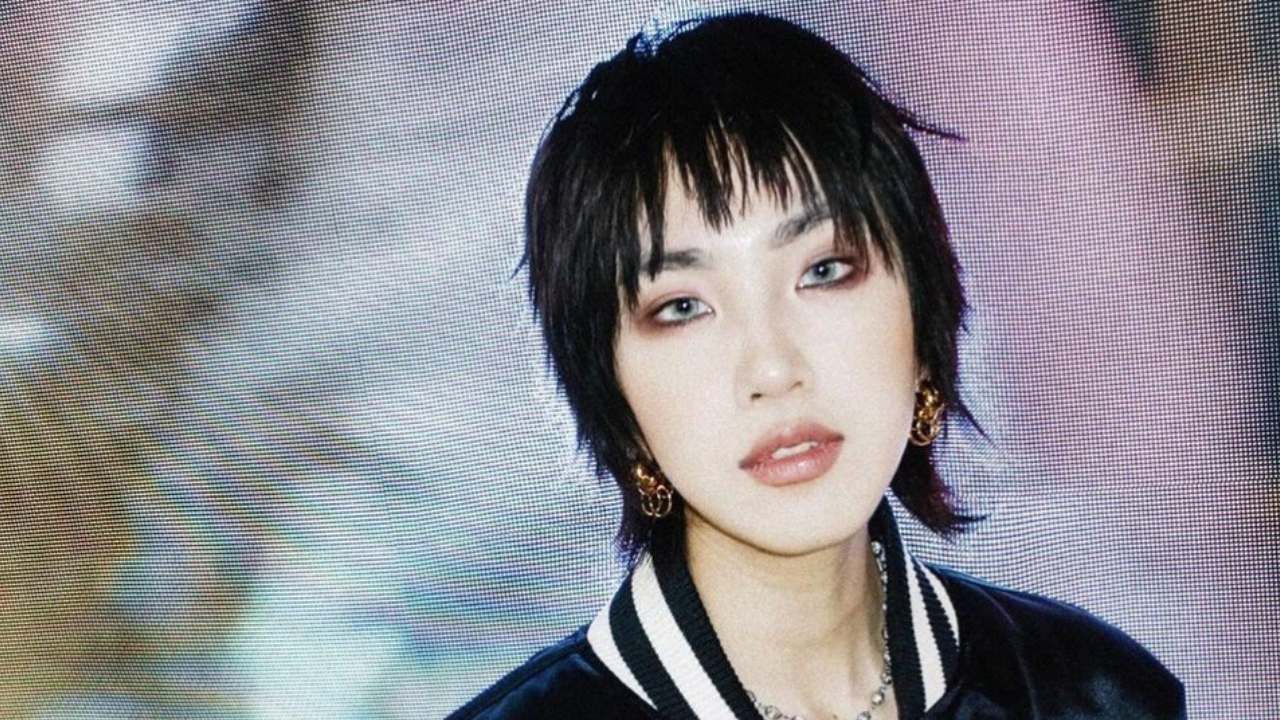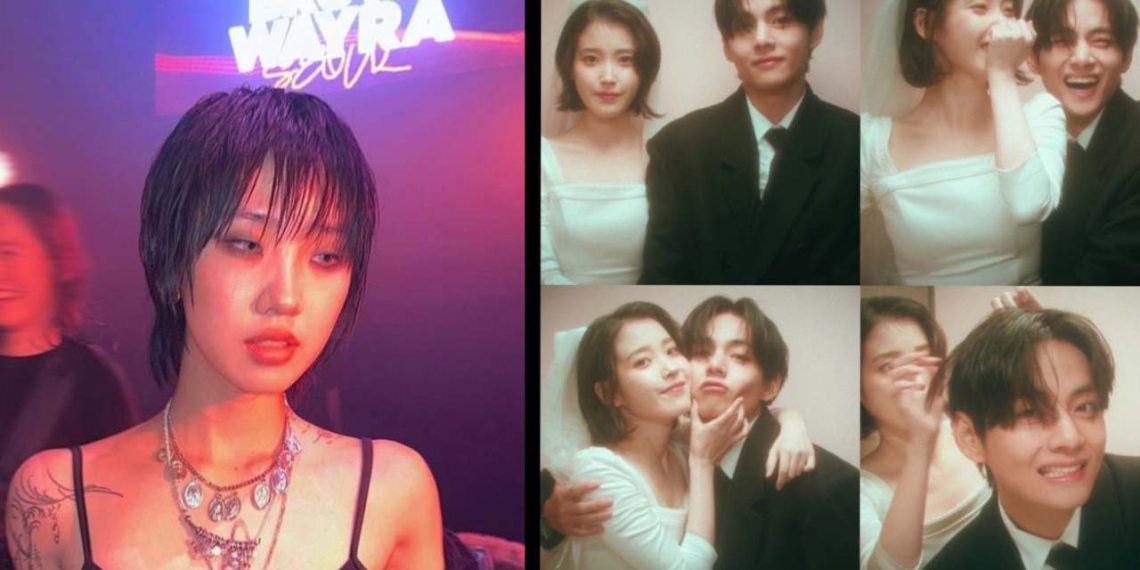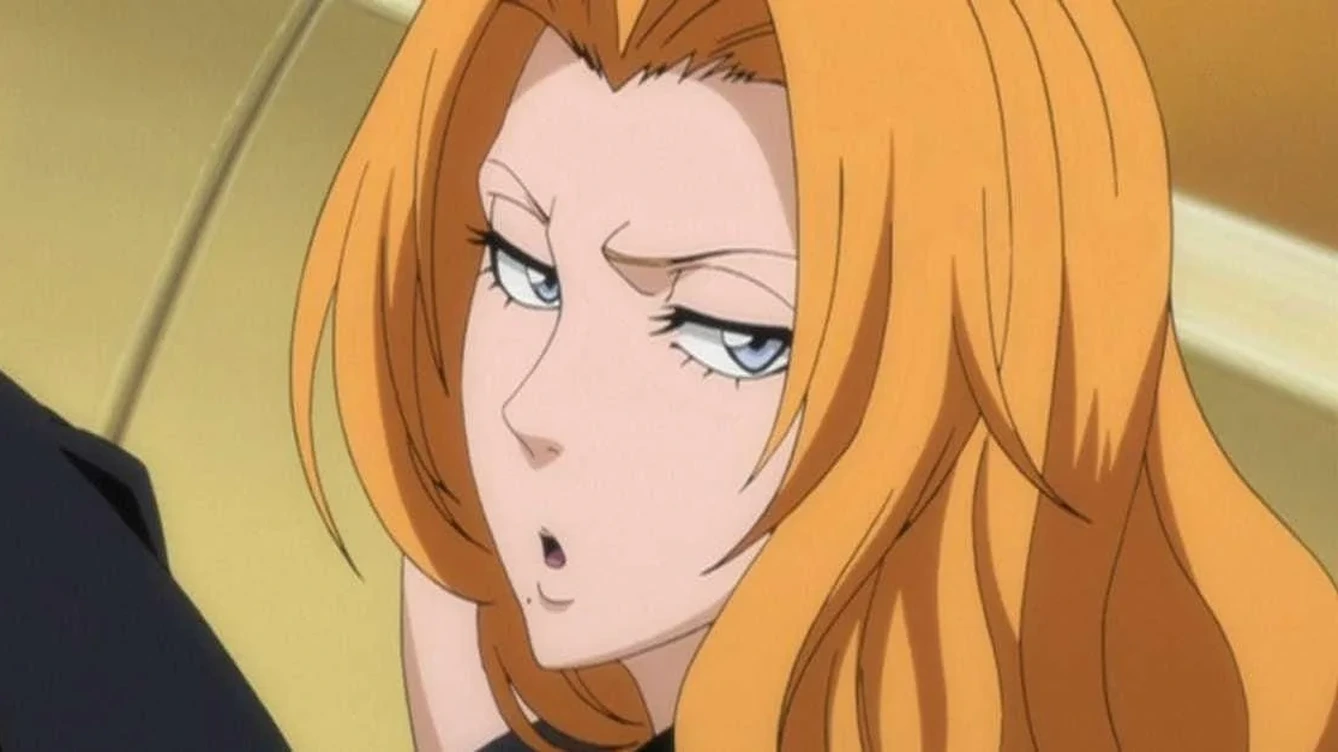On January 23, IU made a comeback with “Love Wins All,” starring BTS’s V as her love interest. The music video has garnered widespread attention, with netizens applauding the captivating chemistry between the two stars.
The video showcases the two idols running away from a mysterious cube, presumably central to their apocalyptic world.
Although netizens praised the science-fiction love story, some critiqued the music video concepts. Nara Kim, a model, stylist, and openly queer artist, shared her perspective.

Under Styled by Cheri Nara, Nara has styled numerous K-Pop artists. Since 2022, the duo has been the creative force behind many of LE SSERAFIM’s distinctive looks.
After the release of “Love Wins All,” Nara posted using hashtags tied to the music video, confirming her reference in a story. The stylist expressed a desire not to be perceived solely as a straight and non-disabled person adhering to societal norms. Nara said, “I don’t want to be distorted as a straight and non-disabled person with normalcy through the camera. I’m satisfied with myself. #lovewins #lovewinsall.”
Nara’s post references the magical camera in the “Love Wins All” MV, enabling IU and V to see themselves without injuries, notably V’s blindness and IU’s purported deafness.

In a follow-up story, Nara elaborates on her perspective, noting the original title “Love Wins,” rooted in the LGBTQIA+ community, was changed. She suggests the video portrays characters with disabilities seemingly happier without them, emphasizing that maintaining the original title would have framed the narrative within a heteronormative context.
Nara’s statement followed – “The reason why I mentioned this is that The song was initially titled “Love Wins.” Korean queers, who thought queer’s slogan had been stolen, were furious. There is still controversy after the title of the song was changed and the music video was released. The two main characters V) in the music video appear as blind and deaf people who are chased by “discrimination and oppression.”
Continuing her perspective, Nara expresses concern that the music video uses disabilities and minorities as props in a story about overcoming adversity, featuring two affluent, non-disabled celebrities in these roles. She concludes by emphasizing the need to overcome societal challenges rather than using minorities as mere inspirational material.
Nara said, “I mean, a music video featuring two rich, non-disabled world stars (known as cisgender hetero) uses disabilities, and minorities as props to talk about overcoming, ending up with a very normal ending of wearing a wedding dress and a tuxedo. What needs to be overcome is the world, not disability or minorities. Stop the shallow compassion and using minorities as inspirational material.”
Nara points out the potential harm in content that perpetuates the notion of disabled individuals as weak and incapable. She highlights the risk of abled individuals exploiting such content to bolster themselves and monetize it, all without genuine advocacy for disabled people.





